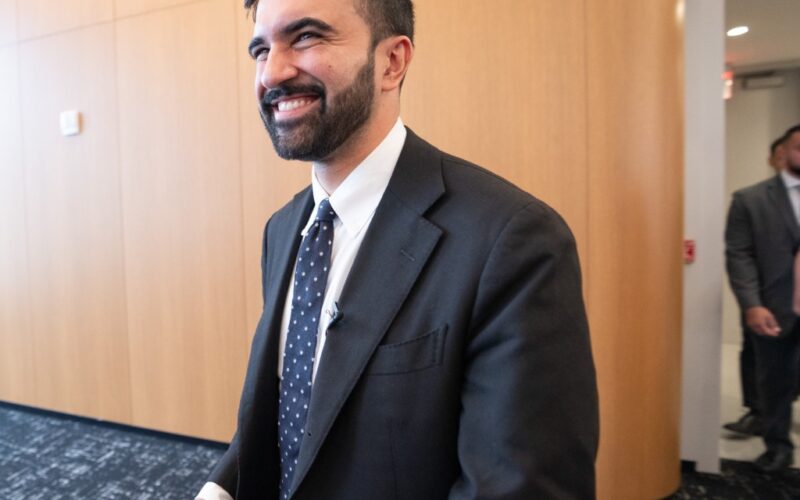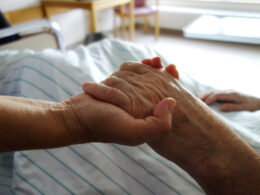New York City prides itself on being a beacon of opportunity — a city where anyone, regardless of background, can build a better life. But when our leaders turn a blind eye to educational neglect, they betray that promise.
In a mid-June interview with a Yiddish-language newspaper popular in Brooklyn’s Hasidic enclaves, mayoral candidate Zohran Mamdani pledged: “The issue of your education is something I will listen to your leaders. I will work to protect you from anyone who wants to disturb your way of life.”
That same week, he was asked point blank whether he would take action to ensure schools comply with state education standards at a New York Jewish Agenda candidate forum. In his answer, he cast doubt on the viability of enforcing these basic education standards.
While Mamdani may have intended to express respect to a religious community, his comments signal troubling deference to powerful interests that have long resisted even the most basic educational standards in Hasidic yeshivas. Our city should not prop up institutions that fail to offer children a basic education in math, English, science and social studies.
The promise of affordability and equity that animates Mamdani’s platform cannot be realized without one essential ingredient: education. Yet for decades, tens of thousands of children in Hasidic yeshivas have been systematically denied access to that promise. Many graduate without learning English, performing basic math, or gaining the skills needed to pursue vocational programs and secure meaningful employment.
This failure isn’t just abstract — it has real consequences. Poverty rates in New York’s Hasidic communities are nearly four times the citywide average. More than 70% of Hasidic New Yorkers rely on Medicaid. These are not isolated cases. They are the predictable outcomes of an education system that leaves children unequipped to participate in the modern economy.
What future awaits a child who cannot fill out a job application, balance a checkbook, or even speak the language of the city they live in?
Let us be clear: this is not about denigrating communities or faith traditions. Parents absolutely have the right to choose religious education for their children. But that choice should not come at the expense of a child’s future.
New York’s century-old substantial equivalency standards were designed to ensure that all students — in public, private, and religious schools — receive at least a minimally adequate education in core subjects. Oversight mechanisms for these standards were created with flexibility and cultural sensitivity.
What’s lacking is not understanding — it’s enforcement.
Although the state’s substantial equivalency standards were recently weakened in a shameful, backroom budget deal in Albany, the City still has a critical role to play in ensuring compliance with the law. For example, Department of Education regulators are tasked with determining what subjects private institutions are teaching and if their curriculum adheres to compulsory education standards.
If Mamdani is serious about building a more just and inclusive city, he must champion the rights of all children — including those in Hasidic communities — to receive a sound, basic education that offers them choices and a path forward.
That means listening to the courageous parents and former yeshiva students who have spoken out and sounded the alarm — and being willing to stand up to entrenched interests when the stakes are as high as a child’s future.
A fairer New York is one in which no child is denied the chance to learn. We invite Mamdani — and all candidates for office — to meet with those who have experienced this neglect firsthand, and to stand with us in building a city where every child has a real opportunity to succeed.
Konikoff is the executive director of YAFFED, a nonprofit organization advocating for educational equity in Hasidic and Haredi yeshivas.








